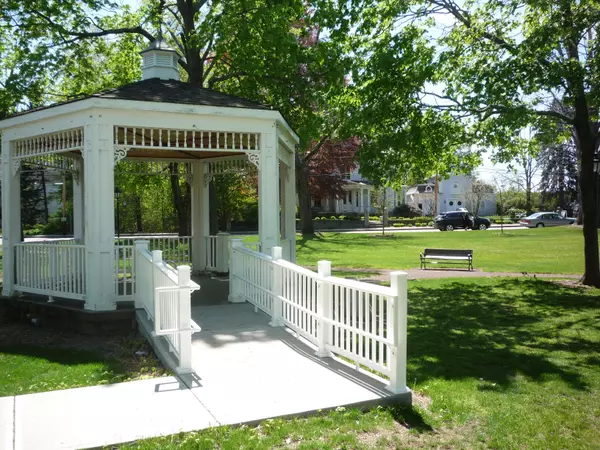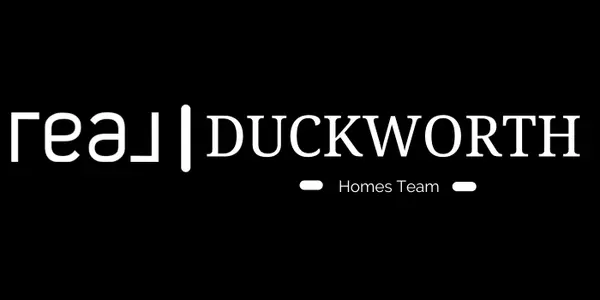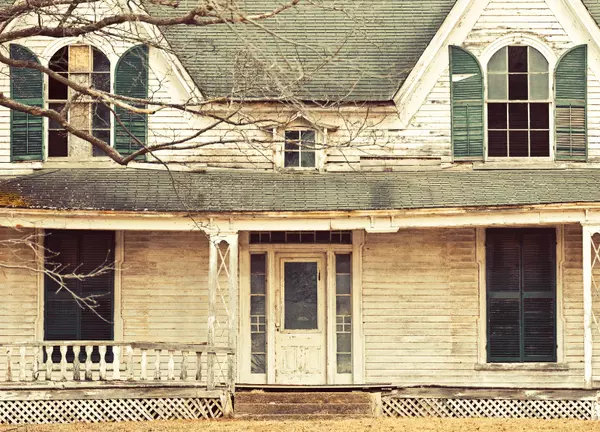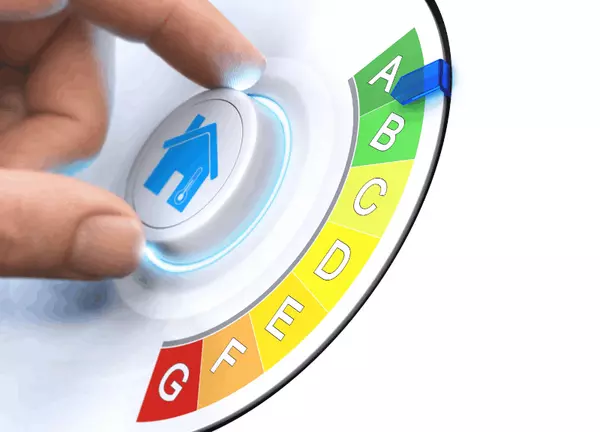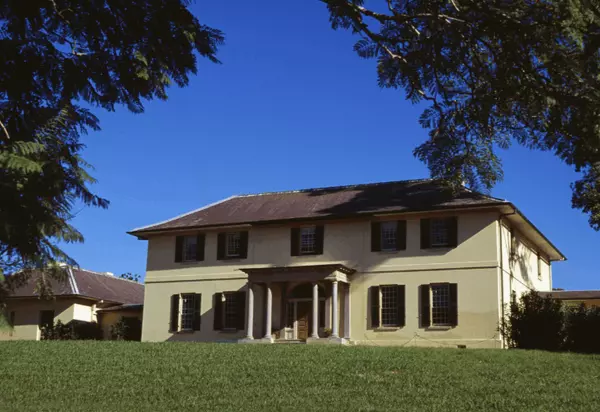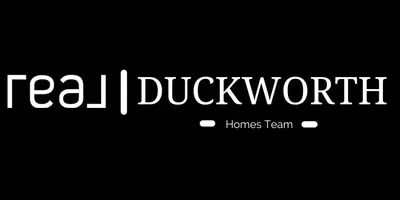Pros and Cons of Homeowners Associations (HOAs) Explained
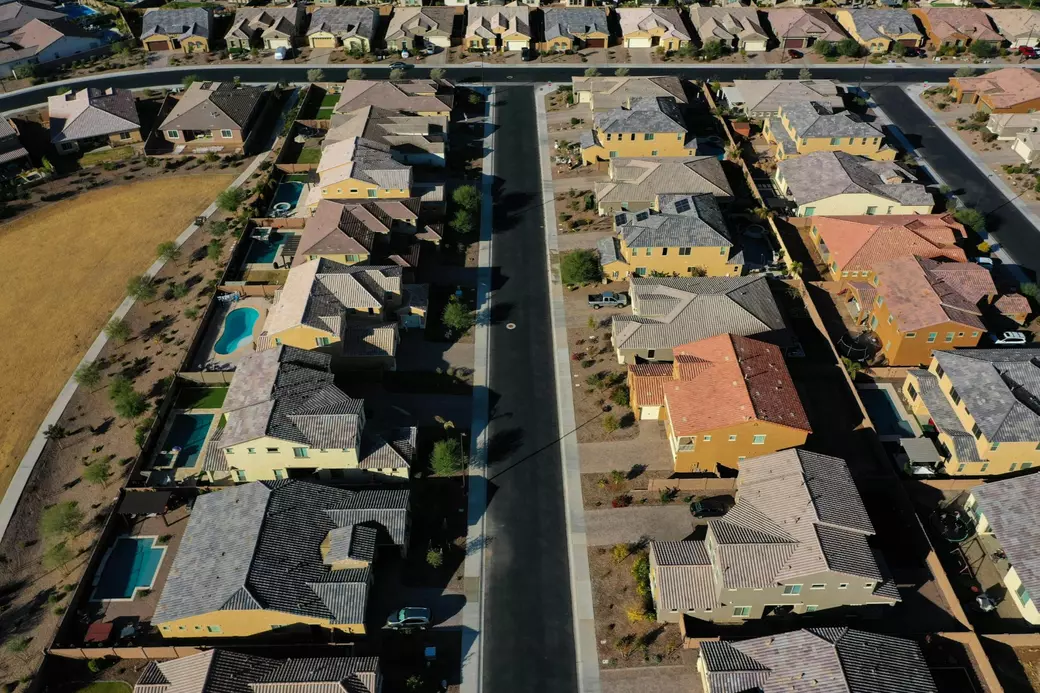
Here's an overview of the pros and cons associated with Homeowners Associations:
Pros of HOA:
1. Enhanced Amenities:
Many HOA communities provide residents with exclusive access to amenities such as pools, clubhouses, fitness centers, sports facilities, and recreational areas. These amenities foster a sense of community and facilitate social gatherings, enriching the overall living experience.

2. Reduced Maintenance Responsibilities:
HOAs assume responsibility for maintaining common areas, landscaping, and amenities, alleviating homeowners' burden of upkeep. This not only enhances the neighborhood's aesthetic appeal but also contributes to higher property values.
3. Preserved Aesthetics:
HOAs enforce regulations concerning property appearance, ensuring consistent upkeep of homes and common areas. This meticulous maintenance fosters a well-manicured environment, bolstering the community's visual appeal and resale value.
4. Higher Property Values:
Homes within HOA communities typically command higher resale values compared to those in non-HOA neighborhoods. This appreciation in value is attributed to the consistent upkeep and desirable amenities offered by HOAs.

5. Emergency Services:
Some HOAs provide emergency services, offering prompt assistance during crises like natural disasters or property damages. These services help mitigate potential losses and safeguard property values.
Cons of HOA:
1. Mandatory Fees:
One of the primary drawbacks of HOAs is the imposition of mandatory fees on homeowners. These fees, which cover community maintenance and amenities, can vary widely and may pose a financial burden for some residents.
2. Stringent Rules and Restrictions:
HOAs enforce strict regulations governing property appearance, parking, pet ownership, and rental policies. While aimed at preserving community standards, these rules may infringe on homeowners' autonomy and lifestyle choices.
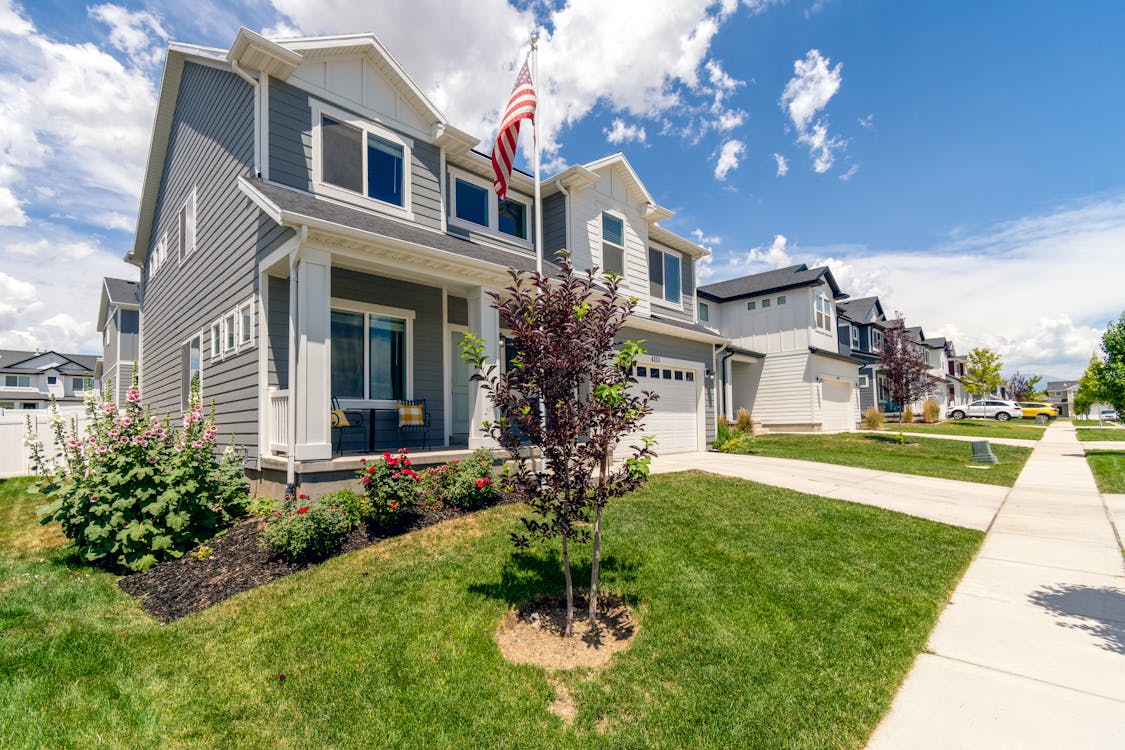
3. Potential for Mismanagement:
HOAs, led by volunteer board members, are susceptible to mismanagement, financial missteps, or abuse of power. Poor governance can lead to disputes, lawsuits, or deterioration of community standards.

4. Risk of Liens and Foreclosure:
Failure to pay HOA fees can result in penalties, liens, or even foreclosure proceedings against homeowners. This financial risk underscores the importance of timely fee payment and adherence to HOA regulations.
In conclusion, the decision to live in an HOA community involves weighing the benefits against the drawbacks. While HOAs offer amenities, maintenance, and community cohesion, they also entail financial obligations and regulatory constraints. Prospective homeowners in Rhode Island and Massachusetts should carefully evaluate the specific HOA guidelines and community dynamics before making a commitment.
FAQs:
What are the advantages and disadvantages of HOAs?
HOAs offer benefits like amenities, security, and enhanced property values, but they also entail fees, conflicts, and regulatory restrictions.
Why do people choose to live in HOAs?
Many homeowners appreciate the stability of property values, well-maintained common areas, and enforced community standards provided by HOAs.
Why do some homeowners dislike HOAs?
Critics of HOAs cite concerns over fees, restrictive rules, potential mismanagement, and the risk of financial penalties or foreclosure.
Is joining an HOA board beneficial?
Some homeowners opt to join HOA boards to have a say in community governance and maintenance decisions, enhancing their level of control and involvement.
In summary, HOAs can streamline homeownership responsibilities and enhance community living, but they also necessitate careful consideration of financial obligations and regulatory constraints. By understanding the nuances of HOA living, homeowners can make informed choices that align with their lifestyle preferences and financial goals. If you're considering a move or need assistance with real estate transactions, don't hesitate to reach out to us or visit our website. Our team at Duckworth Homes is committed to providing comprehensive support for all your buying or selling needs.
Categories
Recent Posts

